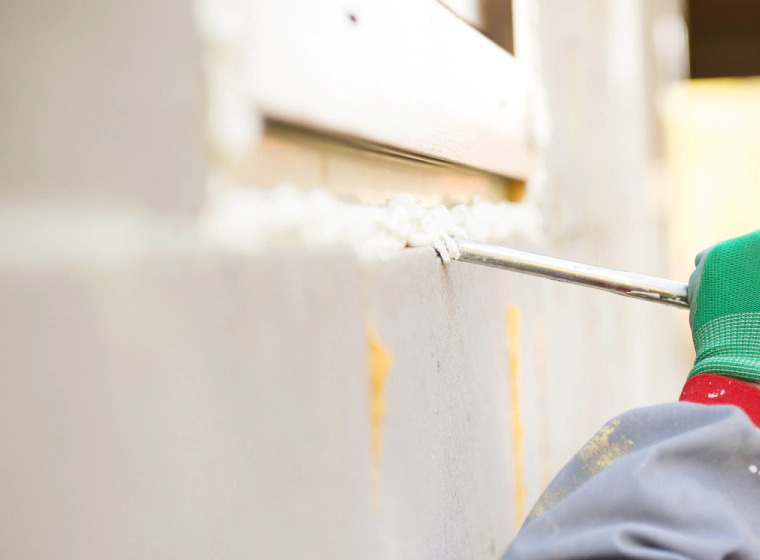In the rapidly advancing era of smart homes and energy efficiency, homeowners are increasingly looking for ways to make their living spaces more comfortable while minimizing energy consumption. One crucial aspect of achieving this balance is investing in proper insulation. As we delve into the heart of the Insulation Nation, a term signifying the growing trend of energy conscious homeowners, we’ll focus on a specific element of home insulation
Understanding the Importance of Air Sealing
Before we dive into the cost estimation of air sealing, its essential to grasp why its a vital component of home insulation. Air sealing involves closing gaps, cracks, and holes in a home’s structure to prevent the uncontrolled exchange of air between the interior and exterior. By doing so, homeowners can regulate indoor temperatures more efficiently, reducing the load on heating and cooling systems. The result is a more comfortable living environment and significant energy savings.
Cost Factors in Air Sealing
The cost of air sealing varies based on several factors, and a smart investment requires a thorough understanding of these considerations:
Home Size and Design
Larger homes typically have more surfaces that require air sealing.
Unique architectural designs may present challenges in identifying and sealing air leaks.
Severity of Air Leaks
The extent of existing air leaks influences the overall cost. A comprehensive inspection can reveal the severity of the problem.
Type of Insulation Material
Different insulation materials have varying costs. Homeowners can choose from options like spray foam, weatherstripping, or caulking, each with its own price range.
Professional vs DIY Installation
While some homeowners may opt for a do-it-yourself approach, professional installation ensures a thorough job. Professionals have the expertise to identify and seal even the most hidden air leaks.
Local Climate
Homes in regions with extreme temperatures may require more robust air sealing solutions, impacting the overall cost.
Cost Estimation
On average, homeowners can expect to invest between $500 and $2,000 for air sealing, with the actual cost depending on the factors mentioned above. While this may seem like a significant upfront expense, it’s essential to view it as a long term investment with substantial returns.
Benefits of Air Sealing
Energy Savings
Proper air sealing significantly reduces heating and cooling costs, leading to substantial energy savings over time.
Improved Comfort
A well insulated and sealed home maintains a more consistent indoor temperature, enhancing overall comfort for occupants.
Environmental Impact
Energy efficient homes contribute to a reduction in greenhouse gas emissions, making a positive impact on the environment.
Increased Home Value
Energy efficient features, including proper insulation and air sealing, can enhance a home resale value.
Conclusion
In the era of the Insulation Nation where homeowners are increasingly conscious of energy consumption, air sealing stands out as a smart and strategic investment. Though the upfront costs may vary, the long term benefits far outweigh the expenses. A well insulated and sealed home not only reduces energy bills but also provides a more comfortable and sustainable living space. As homeowners embark on the journey towards a smarter, more energy efficient future, air sealing house cost proves to be a cornerstone in achieving these goals.

